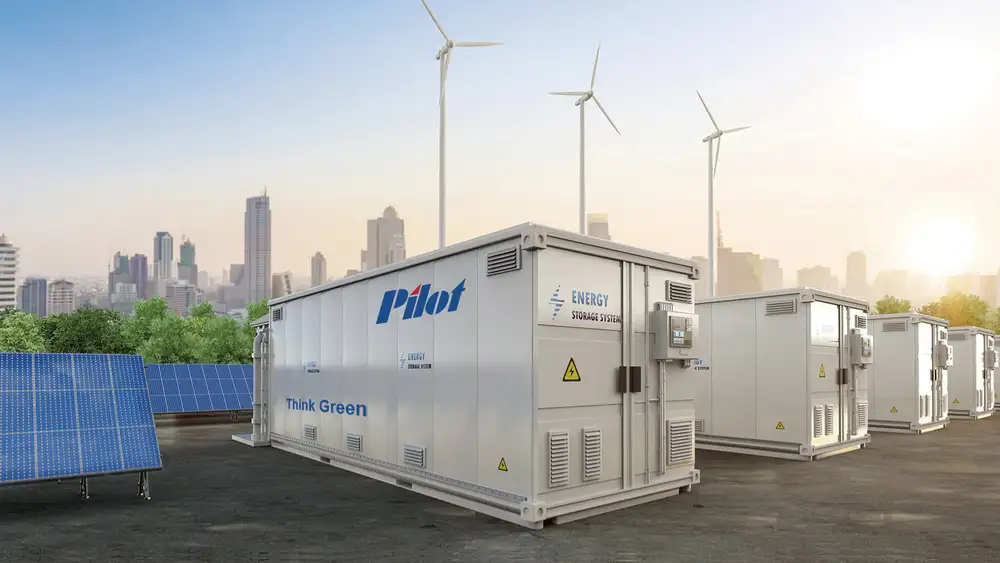
Products
Fast, Reliable, Everywhere

Solutions
Efficient, Innovative EV Charging Solutions.
News
We are committed to the innovation and application of EV charging.
Energy storage systems (ESS) are rapidly becoming integral to modern energy infrastructure, crucial for enhancing efficiency, sustainability, and reliability. This comprehensive guide will delve into the fundamentals of energy storage systems, various technologies, practical applications, and essential considerations to help you choose the right solution.

An Energy Storage System stores excess energy produced from renewable sources like solar and wind, or from the electrical grid, making it available during peak demand or outages. ESS enhances energy reliability, stabilizes grid fluctuations, and contributes significantly to reducing carbon emissions.
Our company offers cutting-edge ESS designed to optimize energy management and reliability:
Innovations continue to shape the energy storage landscape, with advancements in battery technologies, increased integration capabilities, and smarter energy management systems poised to enhance global energy infrastructure significantly.
Ready to implement an efficient, sustainable, and reliable energy storage solution? Contact our specialists today and learn how we can tailor an energy storage system to perfectly meet your energy requirements.
